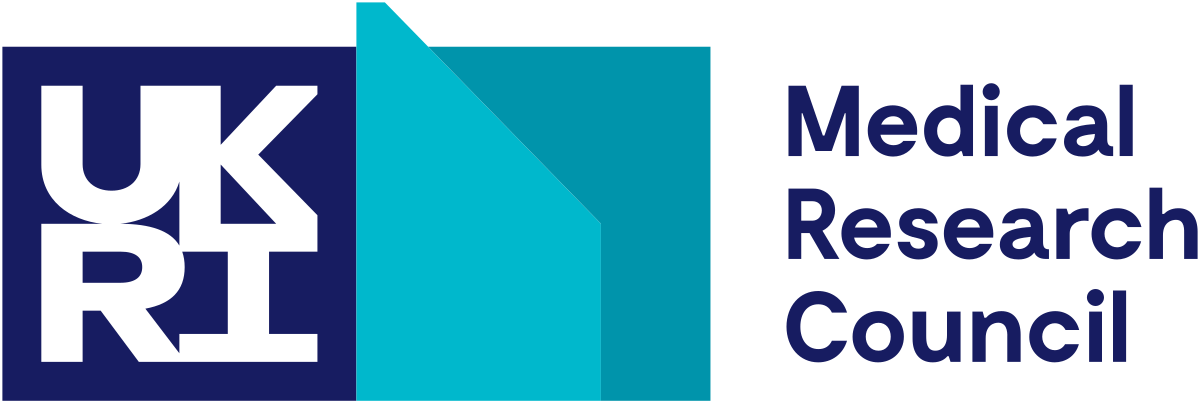Biography:
I was born and raised in London but my parents hail from the island of Madeira, Portugal. During my BSc in Biomedical Science at the University of Surrey, I developed an interest in toxicology, which I further explored throughout my research placement at Weill Cornell Medicine in New York, USA. It was during this time that I got my first taste of research, investigating the effects of the environmental toxin TCDD on glucose metabolism. This year spurred on my desire to undertake a MSc in Toxicology at Karolinska Institute in Stockholm, Sweden. Here I would not only learn fundamental concepts in toxicology, but apply these concepts to risk assessment. After a brief but prosperous summer internship, studying environmental pollution mixtures, I travelled to France to conduct my Master's thesis at the Cancer Research Centre of Lyon (CRCL). My project focused on combating resistance to cisplatin-based chemotherapies utilising DNA repair inhibitors. Each of these experiences, in turn, helped to inform my decision to join the MRC Toxicology Unit as a PhD student.
Research Interests:
Many of the drugs that we use can cause side effects, ranging from negligible to severe. One way in which these unwanted effects may occur is as a result of unintended damage to the mitochondria we have within our cells. Mitochondria are essential for producing energy for our bodies, in the form of ATP, and a host of other important functions. Therefore, identifying drugs that may cause damage to these cellular components is vital to prevent these unwanted effects.
My project aims to utilise AI and Machine Learning (ML) to predict drugs that may be causing a specific type of damage to mitochondria. These predicted candidates will then be verified experimentally, both within cells (in vitro) and in whole organism systems (in vivo).



